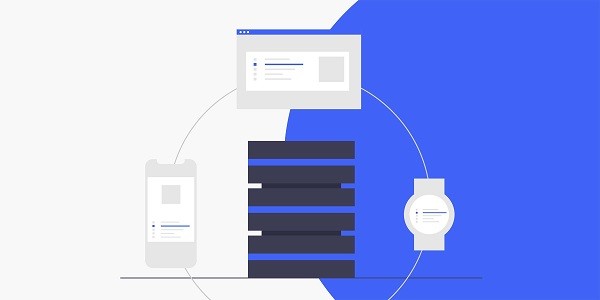This article deeply analyzes the definition, technical principles and core application scenarios of proxy housing, and introduces how IP2world meets diverse network needs through products such as dynamic residential proxies.1. Definition of Agency ResidenceResidential proxy refers to a technical service that allocates IP addresses through a real residential network environment. Unlike data center proxies, this type of IP comes directly from the home broadband network and can simulate the geographic location and network behavior of real users. It is irreplaceable in the fields of data collection and advertising verification. As a global leading proxy service provider, IP2world's dynamic residential proxy product is built based on this technology, providing users with highly anonymous and stable network connections.2. Analysis of the core technology of agency housing1. Authenticity of IP sourceThe core of the proxy residence lies in the real residential attribute of the IP address. The service provider integrates global residential network resources to ensure that each IP comes from ordinary home broadband, rather than data centers or server rooms. This authenticity enables it to effectively circumvent anti-crawling mechanisms and is suitable for scenarios that require high concealment.2. Dynamic rotation mechanismDynamic residential proxy supports automatic IP address change at a preset frequency. For example, IP2world's dynamic proxy service can configure the IP switching cycle from minutes to hours, which not only ensures business continuity, but also avoids triggering risk control due to high-frequency access of a single IP.3. Geographic TargetingUsers can accurately select the country, city, and even operator to which the IP belongs. For example, to meet the needs of localized content testing, you can specify the use of a residential IP of a certain operator in New York City to ensure that the access results are consistent with those of real local users.3. Four core application scenarios of agency housing1. Large-scale data collectionScenarios such as e-commerce price monitoring and social media public opinion analysis require high-frequency access to target websites. Dynamic residential proxies can simulate real user behavior and reduce the risk of IP being blocked.2. Advertising effectiveness verificationCheck the accuracy of advertising delivery through residential IP to confirm whether the advertisements are displayed according to the preset regions and groups, and avoid data deviation caused by proxy server IP.3. Account security testEnterprises can use residential IPs to simulate user login behaviors in multiple regions to detect whether the anti-fraud rules of the account system are effective, while avoiding triggering platform security alerts.4. Content localization debuggingStreaming media platforms and online education service providers need to verify content access rights for users in different regions, and residential IP can accurately match the target user's network environment.4. Three key dimensions for selecting residential agency services1. IP pool size and coverageThe capacity of the IP pool directly affects the scalability of the business. Taking IP2world as an example, its dynamic residential proxy covers 195 countries, and the IP pool updates more than 10 million addresses every day, which can support high concurrency requirements.2. Connection success rate and speedResidential proxies need to balance anonymity and performance. High-quality service providers will optimize node routing, control latency within 200ms, and maintain a connection success rate of more than 99%.3. Protocol compatibility and management functionsIt supports protocols such as HTTP(S)/SOCKS5, and provides API interface, session persistence, traffic statistics and other functions to facilitate integration with the company's existing systems.5. Future Evolution of Proxy Housing Technology1. AI-driven IP scheduling optimizationThrough machine learning, the anti-crawling strategy of the target website is predicted, and the IP switching frequency and access mode are dynamically adjusted to further improve data collection efficiency.2. Blockchain technology to confirm ownershipA decentralized solution is used to verify the authenticity of the IP source and establish a trust mechanism between residential network resource providers and users.3. Edge computing integrationDeploy proxy nodes at the home gateway level to reduce the number of data transmission hops, reduce latency and improve privacy protection.As a professional proxy IP service provider, IP2world provides a variety of high-quality proxy IP products, including dynamic residential proxy, static ISP proxy, exclusive data center proxy, S5 proxy and unlimited servers, suitable for a variety of application scenarios. If you are looking for a reliable proxy IP service, welcome to visit IP2world official website for more details.
2025-03-04





